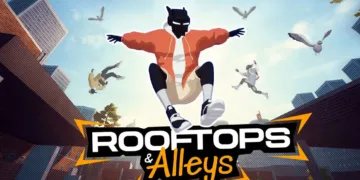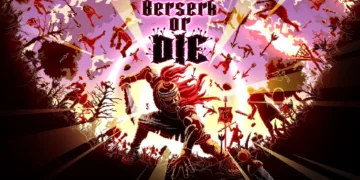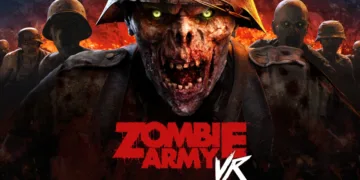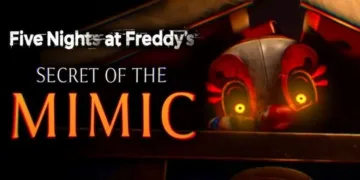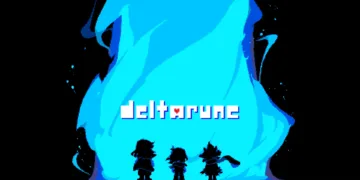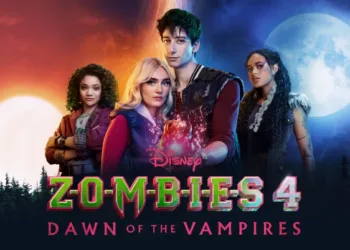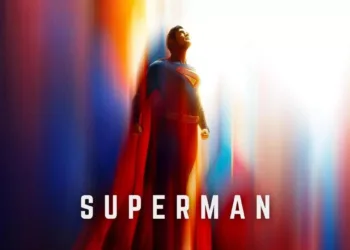Georgian director Dea Kulumbegashvili warned at the Karlovy Vary International Film Festival that “there is no way to make films in Georgia at the moment,” citing a climate of self-censorship and dwindling public funding as the government tightens control over cultural bodies. Her Venice-laureled drama April screened out of competition in the Czech spa town, yet the filmmaker said it will not be shown at home because exhibitors fear retaliation under new foreign-funding rules.
Those rules stem from the “foreign agents” law adopted last year and expanded in April; nonprofits, media outlets and production companies receiving more than 20 percent of their budgets from abroad must now register as serving “the interests of a foreign power.” Violators face fines or criminal charges, a prospect that has already pushed several independent producers to relocate post-production to Germany and France.
Street protests that erupted when the bill was tabled in 2024 continue outside parliament after lawmakers overrode a presidential veto; more than 400 demonstrators and 70 journalists have reported injuries during clashes with riot police. Human Rights Watch calls the statute “repressive,” arguing it violates international obligations on free expression and threatens Georgia’s stalled bid for European Union membership.
Inside the sector, nearly 250 filmmakers have boycotted the state-run National Film Centre, accusing culture minister Tea Tsulukiani of installing loyalists and cancelling open calls that once financed arthouse features like Kulumbegashvili’s debut Beginning. Festival programmer Gaga Chkheidze says the upheaval has frozen “virtually every” co-production in the pipeline, leaving crews idle while foreign partners await clarity on tax-rebate rules.
The ruling Georgian Dream party rejects accusations of censorship, insisting the transparency law mirrors U.S. legislation and protects national security. For now, Kulumbegashvili is finalising her first English-language feature in the United States, telling Variety that exile has become the only option for Georgian artists who refuse to submit scripts for ideological vetting.

































